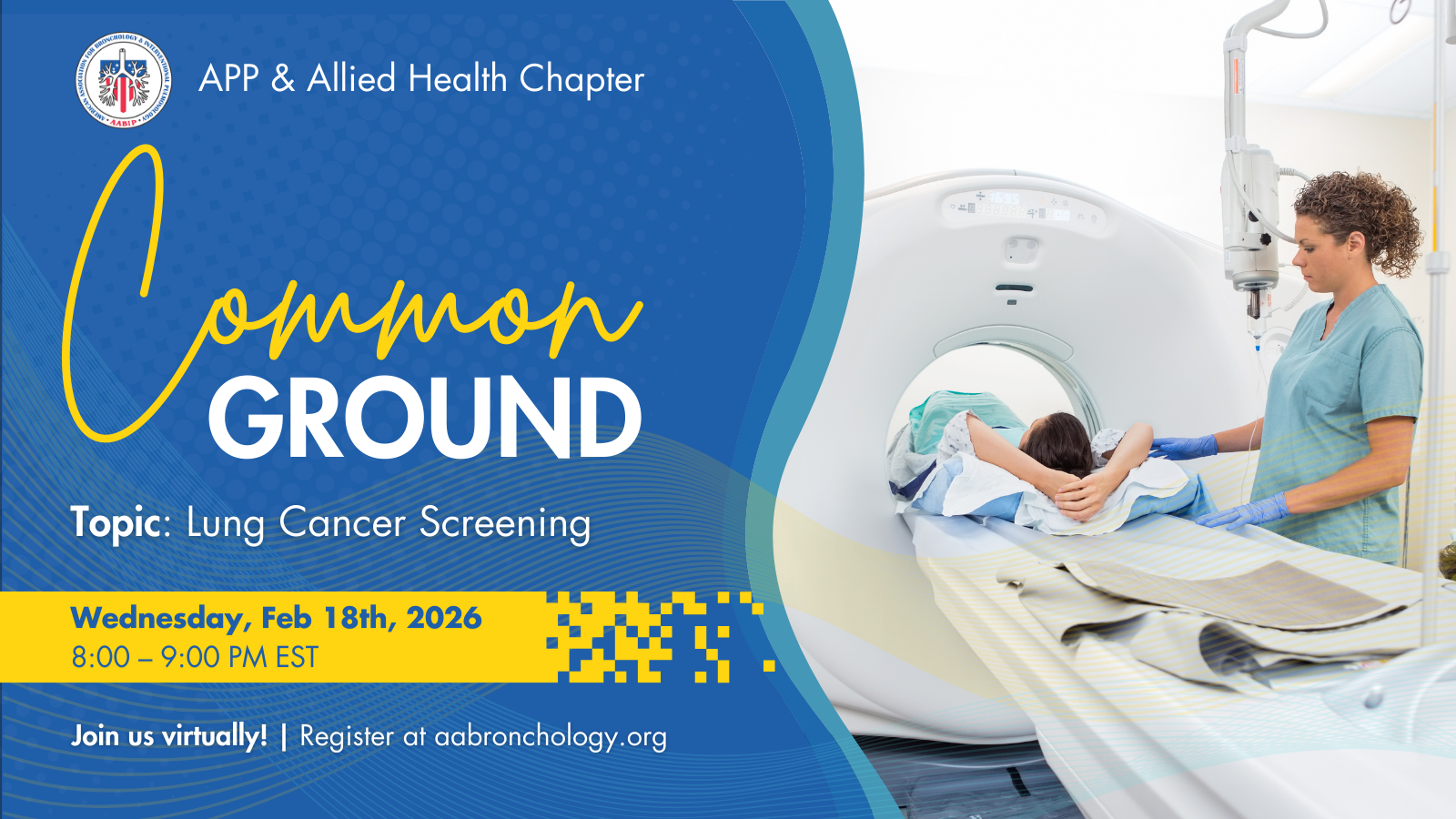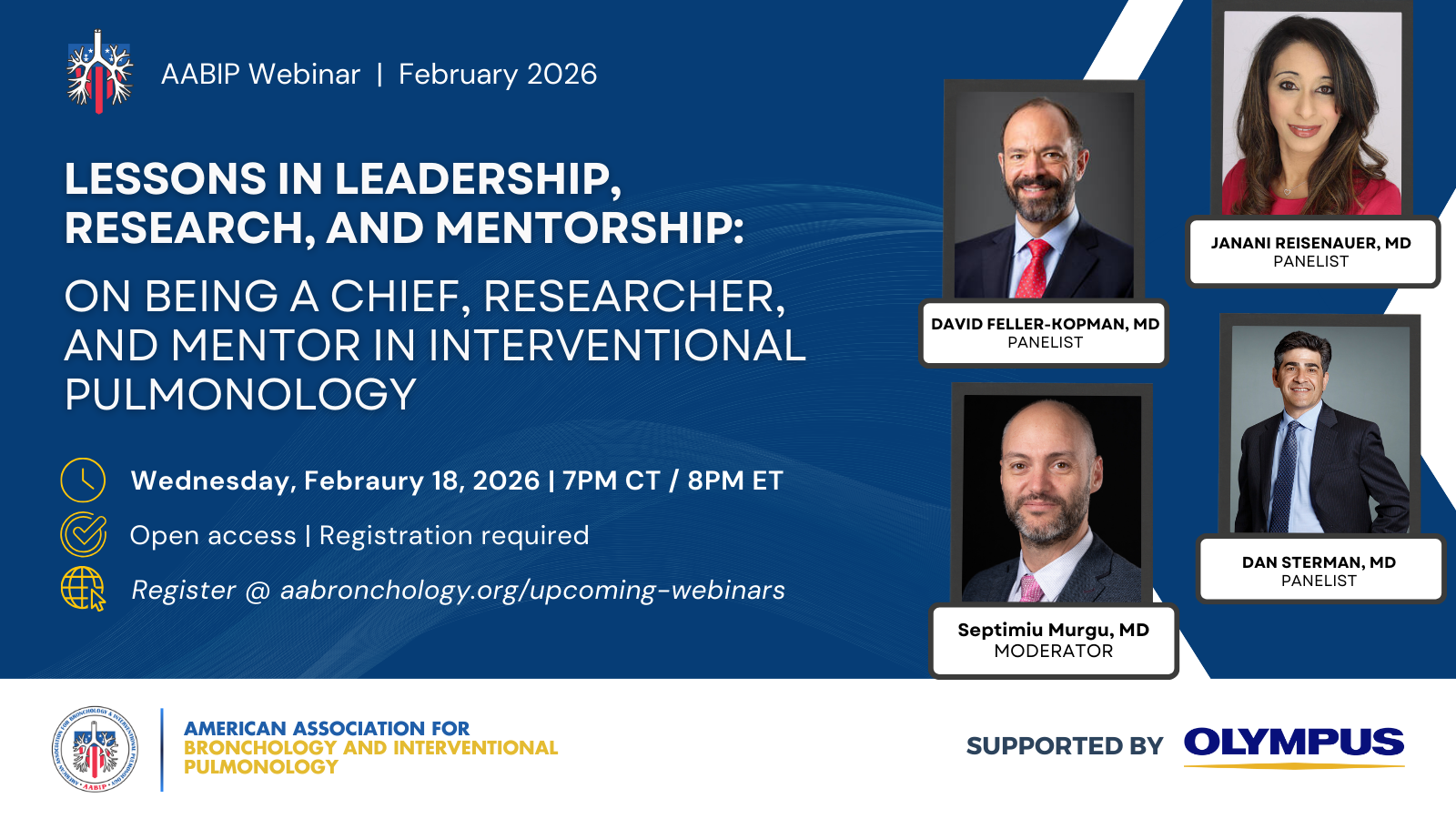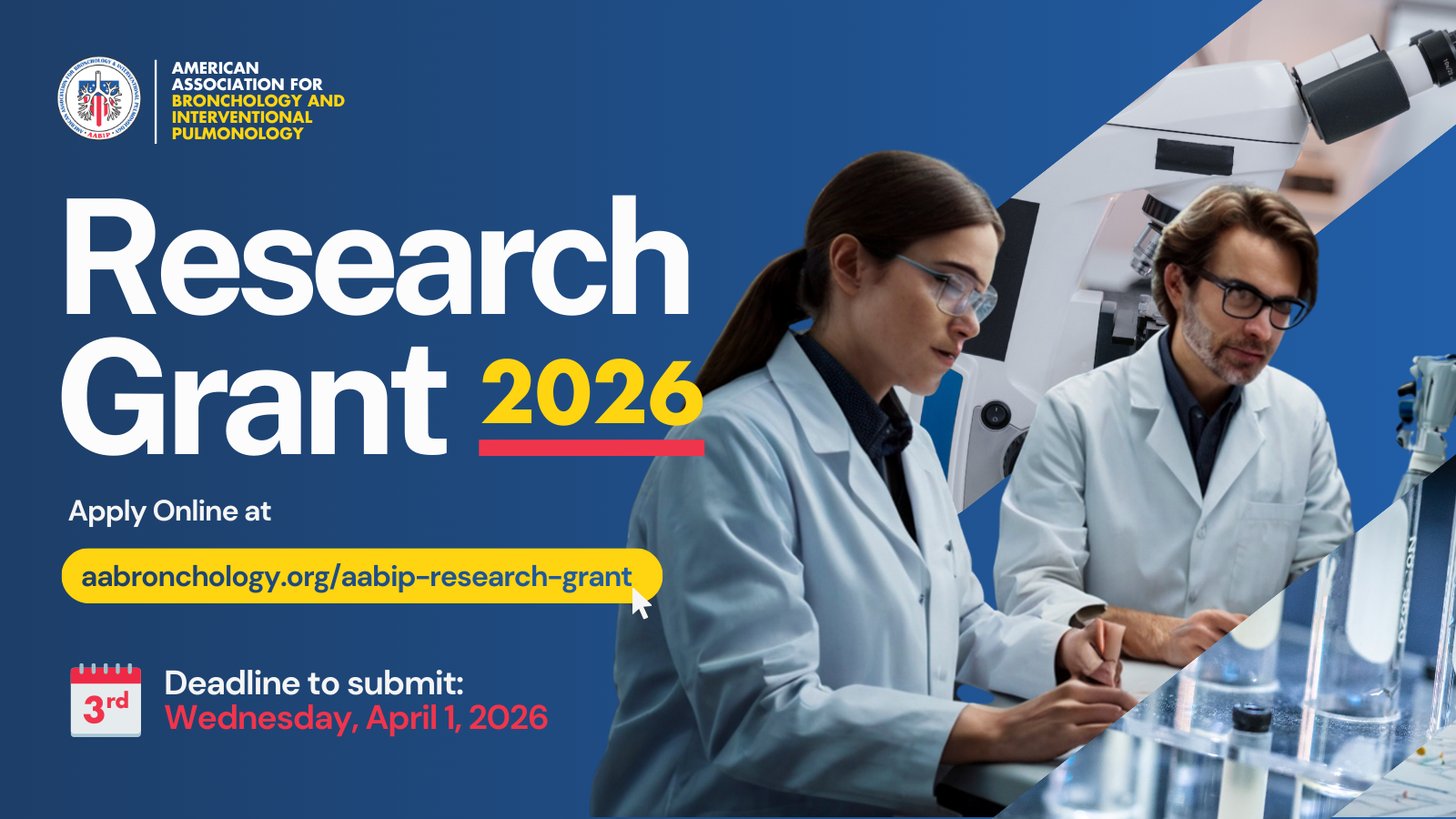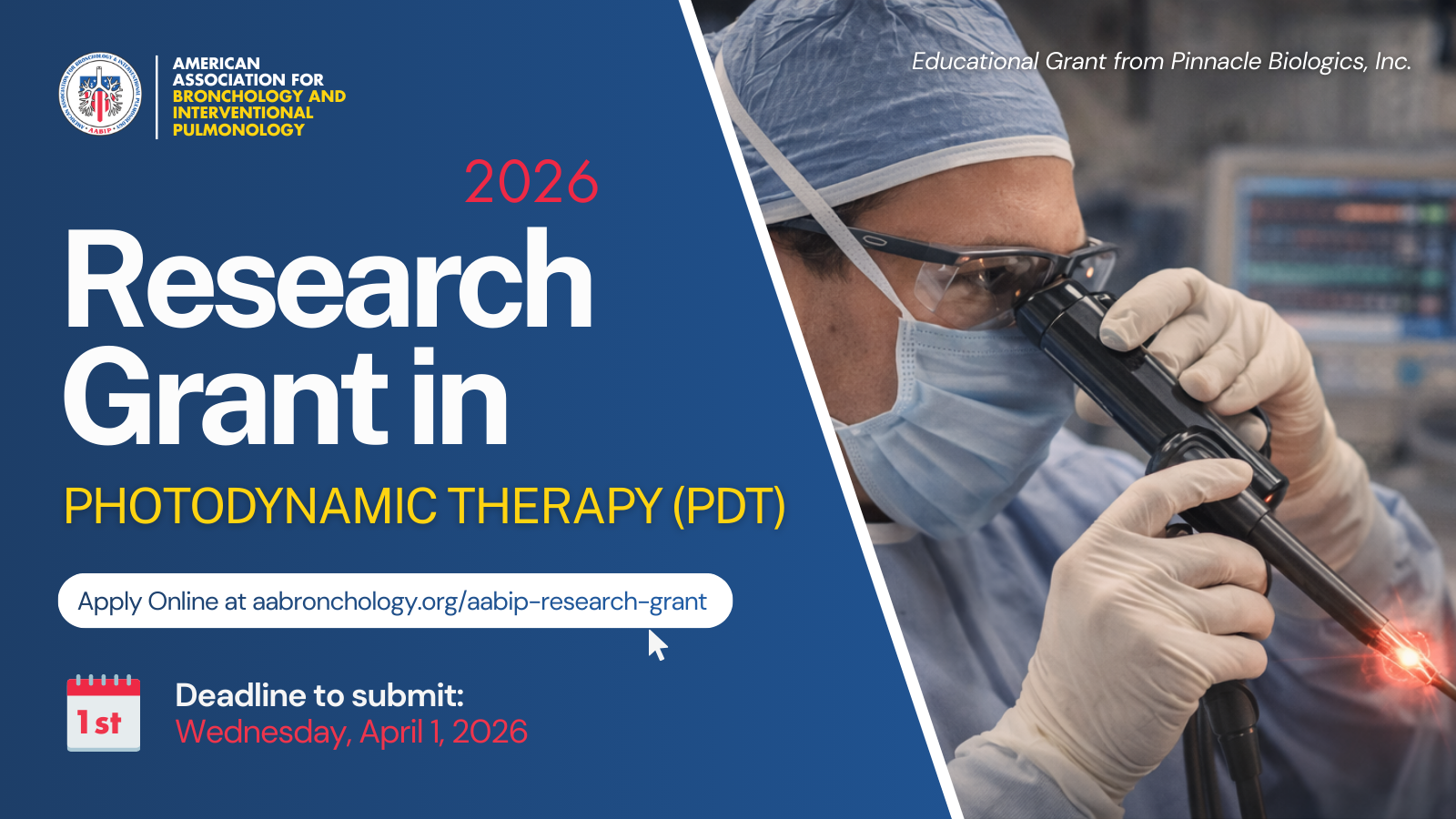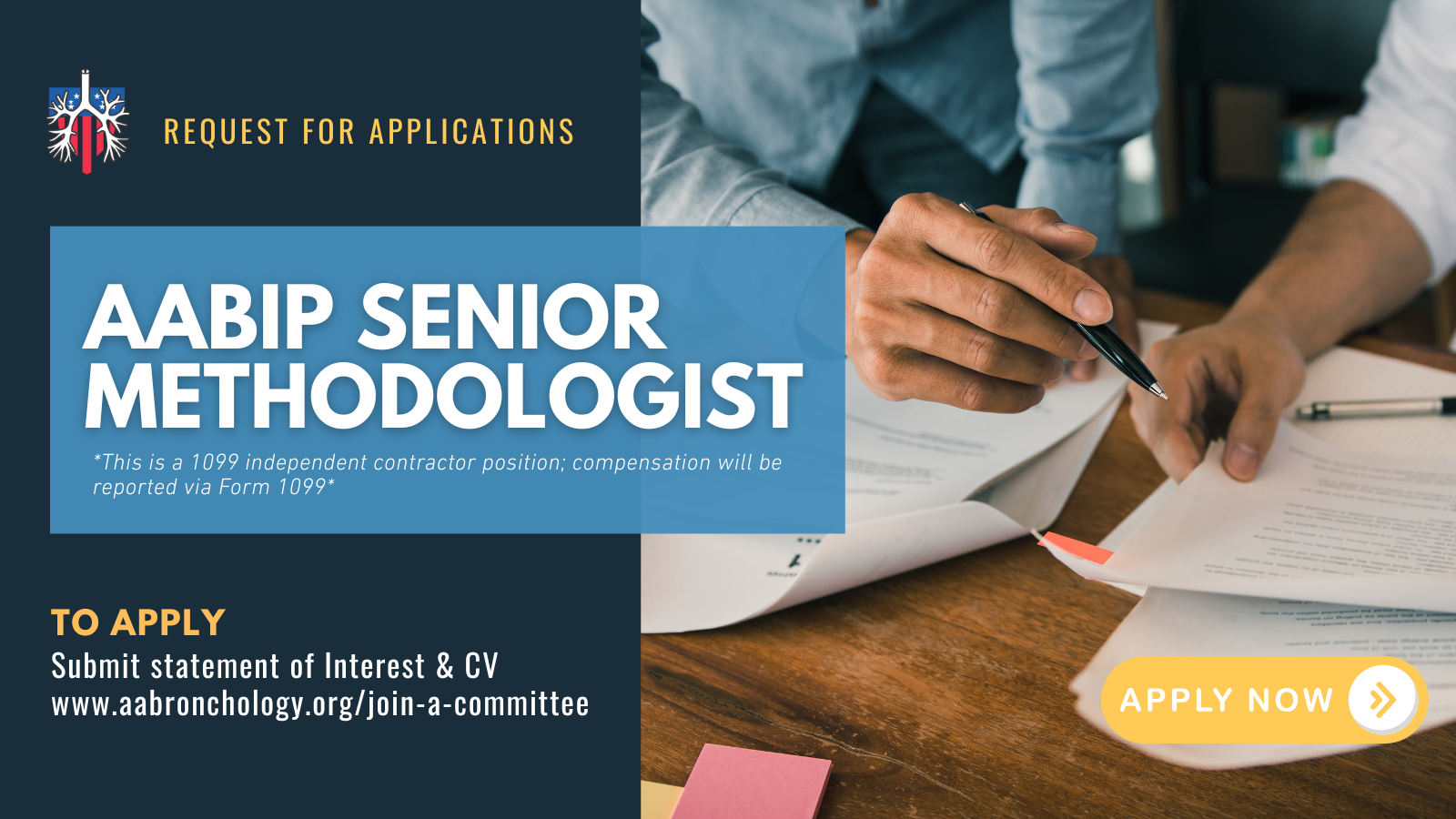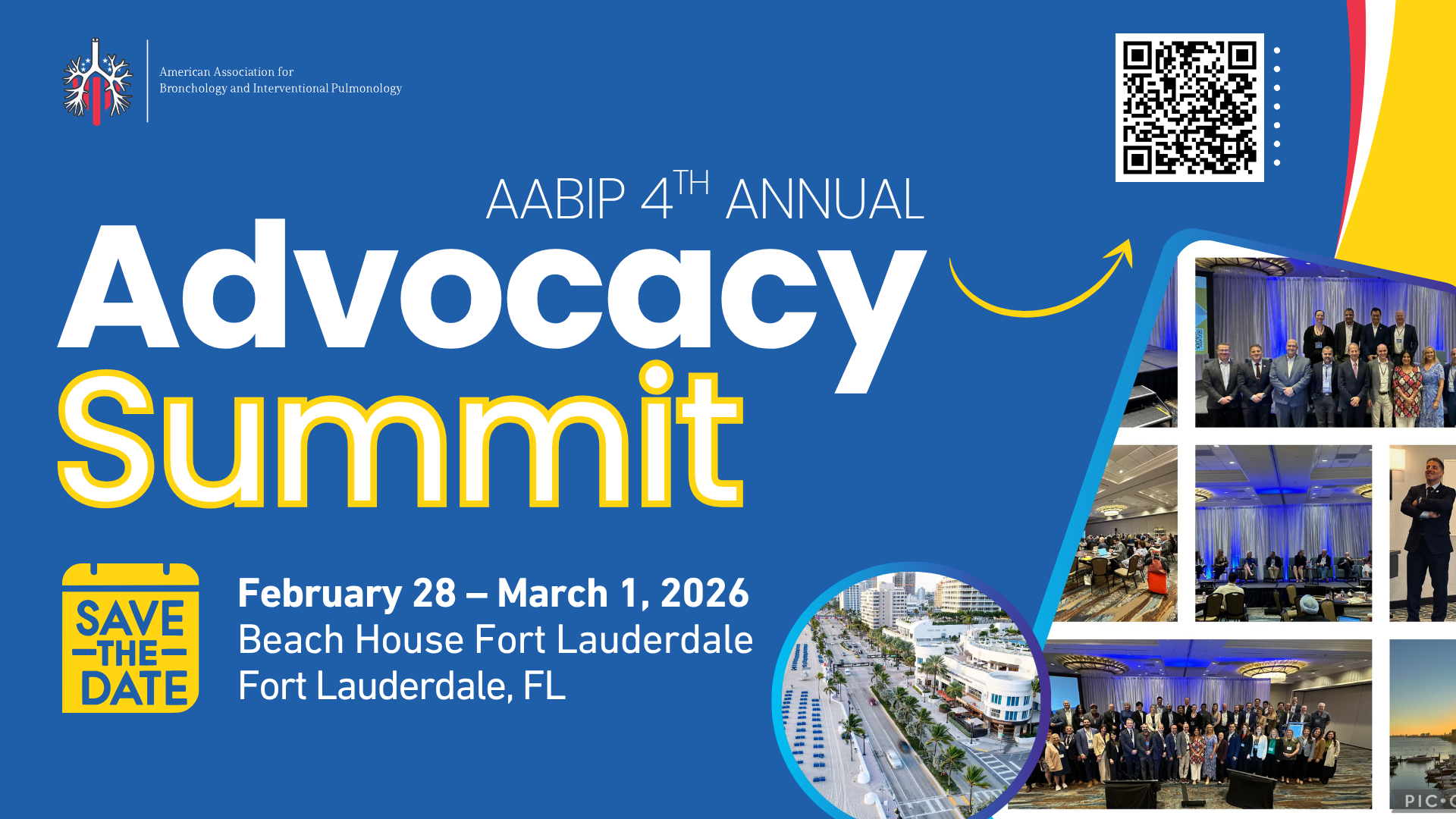AABIP Advocacy StatementExpert Witness in Interventional Pulmonology and Advanced Bronchoscopy Guidelinesfrom the American Association for Bronchology and Interventional Pulmonology (PDF Version)January 17, 2024 The American Association for Bronchology and Interventional Pulmonology believes that physicians have an obligation to provide guidance to the judicial system and to give credible, honest and evidence-based assessments via expert witness testimony when needed. The qualifications of an expert witness vary state to state. Federal Rule of Evidence 702 provides limited guidance on the prerequisites to serve as an expert witness, noting that a witness is one who is qualified as an expert by knowledge, skill, experience, training or education. Although we often associate medical expert witness work with judging causation, liability, or negligence, physicians have a key role in providing opinions when other medico-legal issues arise. This may include evaluation of medical devices or pharmaceutical products, occupational hazard-related cases like mesothelioma, or class action lawsuits. Each of these may require a medical expert witness for the legal teams of both parties when the cases enter the justice system. The expert witness has the obligation to thoroughly examine the facts of a case by reviewing the medical records and any additional information available to them. Using their experience, training, education, and available published evidence, they provide their opinion on the case either verbally to the lawyer, by preparing written statements, and/or providing a deposition or testimony in court. In this document, we outline the ethical obligations of an expert witness in Interventional Pulmonology and provide general guidance on the prerequisite knowledge and skills to provide testimony as an expert witness in the field of interventional pulmonology and advanced diagnostic bronchoscopy. We recommend that all criteria have to be met prior to engaging in expert witness work in interventional pulmonology and advanced bronchoscopy.Recommendations for conduct in review: The ethical principles that guide clinicians in their relationships with patients continue to guide them when they assume the role of medical expert witnesses. These include:
Recommended qualifications for expert Witness in Interventional Pulmonology and Advanced bronchoscopy:
This policy was drafted by Laura K Frye, MD, reviewed and approved by the AABIP Advocacy Committee on 1/04/24 and by the AABIP Board of Directors on 1/17/24 Resources:Joseph Sanders, Expert Witness Ethics, 76 Fordham L. Rev. 1539 (2007). Available at: https://ir.lawnet.fordham.edu/flr/vol76/iss3/10 https://code-medical-ethics.ama-assn.org/ethics-opinions/medical-testimony https://www.justia.com/injury/medical-malpractice/expert-witnesses Updated 01/22/2024
|


